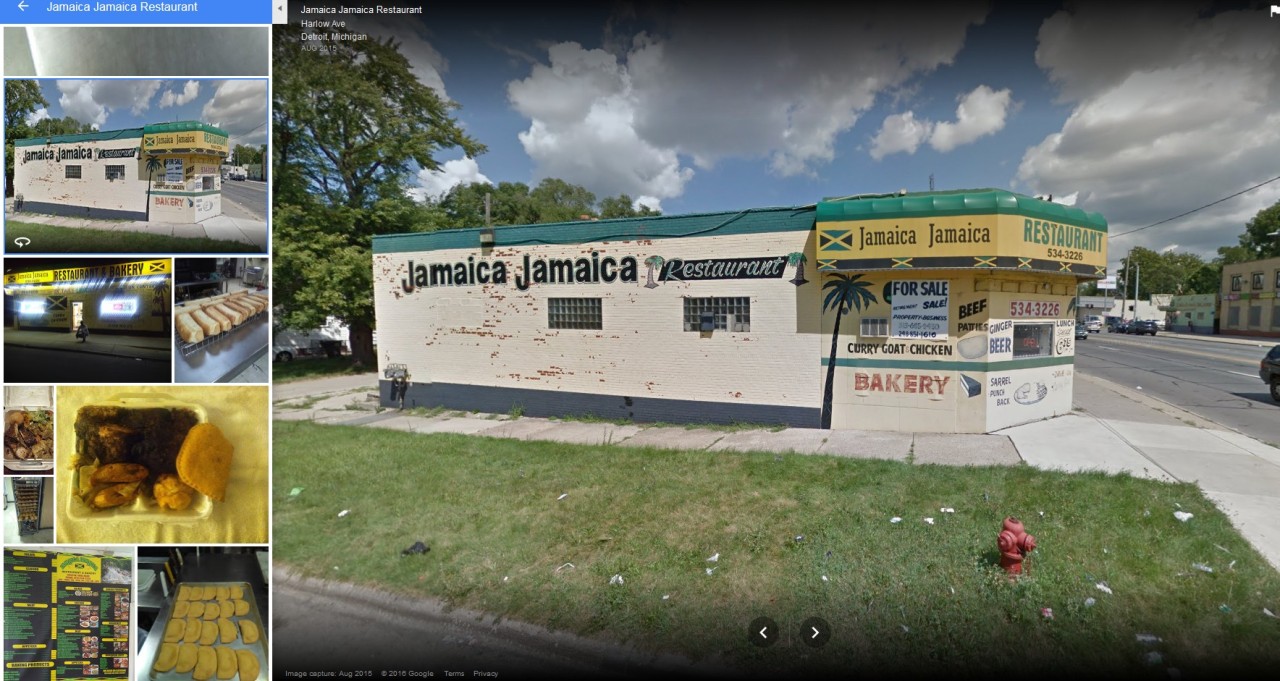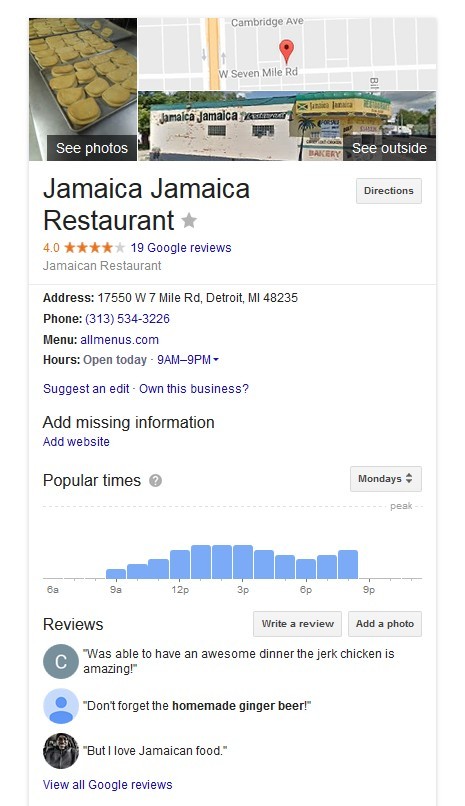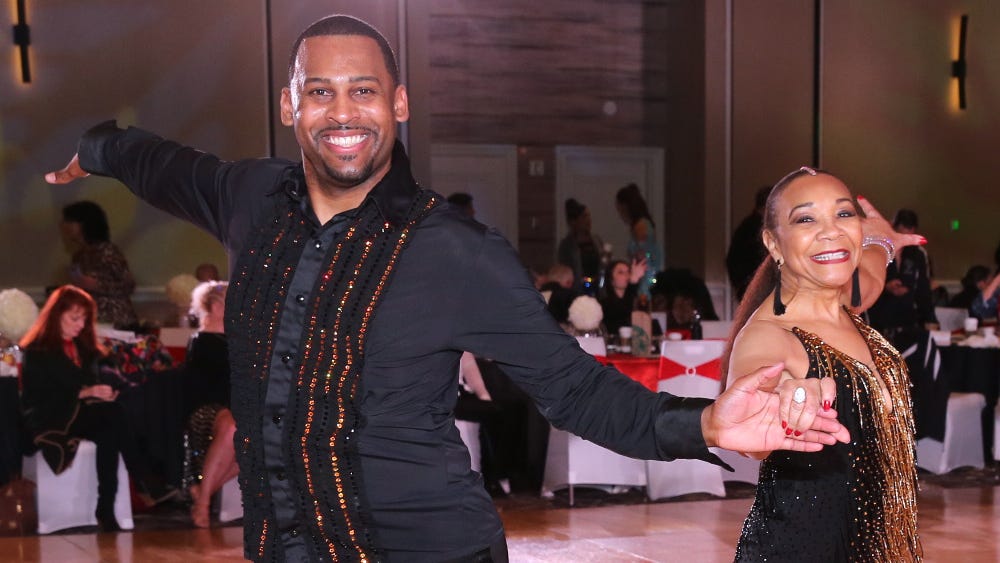rachtet westside
The real question is who would want that 20 back considering where it is?!?
I can see my grandma's old house from here!
Follow along with the video below to see how to install our site as a web app on your home screen.
Note: This feature may not be available in some browsers.
rachtet westside
The real question is who would want that 20 back considering where it is?!?


 she's become very popular here...but then also its alot of brotha's and sista's
she's become very popular here...but then also its alot of brotha's and sista's

I used to eat the King Fish there...., & why don't you recommend a JAMA spot, it's too easy to be critic.....


Shit i won't go to 1 without now.I don't go to Coney Islands with Drive Thru's
this is really real...my neighbor teaches ballroom and he done lost over 35 dancers due to the virus...now he just sits in the house
Detroit's ballroom dance community rocked by coronavirus, including multiple deaths
For the urban ballroom scene, music and dancing are about joy and connection. They’re also about human contact — and the community has taken a hit.www.freep.com
Detroit's ballroom dance community rocked by coronavirus, including multiple deaths
BRIAN MCCOLLUM| DETROIT FREE PRESS
Updated 1 hour ago
For decades, urban ballroom dancers have assembled in clubs and venues across the metro area to take part in one of Detroit’s richest and most distinctive social traditions. And during the second week of March, just before Michigan’s ban of mass gatherings, there they still were, dancing as they’ve always done — mingling closely, hand in hand, cheek to cheek.
By month’s end, the coronavirus had swept ferociously through Detroit’s ballroom dance family, igniting ongoing waves of grief and pangs of anxiety among a tight-knit group mostly made up of older African Americans, for whom dancing was supposed to be a respite from life’s rigors.
“This thing has been a direct hit on us,” said dancer Darrell Wilson. “Facebook is like an obituary page right now. Every time I look up, somebody I know has died.”
People entrenched in Detroit’s urban ballroom scene offer varying estimates of the toll on their community to this point. Some say they know of five, six, 10, a dozen dancers who have died during the past two weeks. Others put the count at more than 30.
Whatever the precise number, the tragic stories continue to mushroom. Friends and dance partners in the ballroom community often find themselves struggling to absorb the magnitude of the crisis in their sphere.
Club Yesterday's in Redford Township.
GOOGLE MAPS
“We’re all shell-shocked,” said a Southfield resident and ballroom regular who asked not to be named. “The dance community is losing people daily.”
Some ballroom dancers, promoters and DJs declined to speak on the record for this article — or to even talk at all — citing the ongoing emotional trauma and a sensitivity for victims’ families. They also worry their community might be unfairly stigmatized and scapegoated in a city that has emerged as a coronavirus hot spot.
That stance is understandable, and it’s important to stress there’s no available data confirming that any given dance event or venue was an exposure site, or that dancing was a transmission point at all for people who since have tested positive.
Michael McElrath, spokesman for the Wayne County Public Health Division, said the county is not conducting retrospective investigation into early coronavirus clusters.
“We are aware of places people gathered,” he said. But with the subsequent escalation of coronavirus across the region, “we now assume everywhere is an exposure site.”
McElrath said his own mother is a Detroit ballroom dancer, and he acknowledged that coronavirus has struck that community in a “devastating” way.
“She is in (emotional) pain right now,” he said. “Every day she’s calling me about someone in her ballroom group."
Some of Michigan’s most publicized COVID-19 victims were ballroom dancers, including Michigan state Rep. Isaac Robinson and Wayne County Sheriff Cmdr. Donafay Collins, who also moonlighted as a DJ.
In Detroit, urban ballroom is a lifestyle for many involved — part exercise, part therapy, part social connection. It's an accessible community that eagerly welcomes newcomers, said Jay Danzie, who oversees the online group Ballroom Nation.
But when it comes to coronavirus, ballroom's virtues may have been its vulnerability.
"Because the dancers come together — it’s a contact sport — naturally it might be a haven for a rapid spread," Danzie said.
On social media, the scope of the outbreak among ballroom dancers is stark and poignant. There are tearful tributes to those known dead, and frantic questions about friends whose accounts have abruptly gone quiet.
Some users have turned amateur detective, piecing together dates and venues possibly linking those who have fallen sick or died of COVID-19 — including events the second week of March at popular nightspots such as Club Yesterday’s in Redford Township, EARS Showplace in Hamtramck and the Paradise in Southfield.
On Friday, March 13, Michigan Gov. Gretchen Whitmer issued the first in a series of orders limiting public assemblies. Within days, as the mandate tightened to ban gatherings of 10 or more people, dance and music events were effectively shut down.
“I started noticing after that weekend that people were getting sick,” said Charles Hicks, 65, a longtime event DJ. “After that, all hell started breaking loose. That’s when we realized this was real.”
Urban ballroom dancing — sometimes known elsewhere as Detroit-style ballroom — is a pastime that goes back decades to venues such as the Graystone and the black patrons who crafted their own signature steps.
The style was formalized in the 1970s by Detroiters who combined the grace of classic ballroom dance with contemporary urban moves, typically to a playlist of midtempo R&B, and who took the phenomenon nationwide.
In recent years, urban ballroom has continued to draw dancers to near-daily events across metro Detroit, including group classes, lunch-hour sessions and nightclub parties. All told, the events likely draw thousands of participants collectively month to month, though dedicated ballroom dancers interviewed by the Free Press suggest there are about 500 people in the core group of enthusiasts who attend multiple events each week.
They include people from all walks of life, from blue-collar workers to nurses to judges to CEOs, said Jeannine Gant, a ballroom dancing fan from Detroit.
And coronavirus has struck the scene across the board.
“It’s really frightening — especially when you consider it’s just something you do to have fun and gather as a community,” said Gant. “The other thing that’s really concerning is you see a lot of older people ballroom dancing, so you’re talking about high-risk people here.”
For Sherrad Glosson, a Detroit dance instructor and publisher of Go Dance Detroit, the impact on the ballroom scene hits on multiple fronts: Like others in the community, he has grieved the sudden loss of multiple friends and colleagues. On top of it, as an independent business operator, he is confronting the loss of income amid the coronavirus shutdown, uncertain what forms of government relief may come his way.
Detroit dance instructor Sherrad Glosson, left, has watched as the urban ballroom dance community has been ravaged by the coronavirus outbreak.
SHERRAD GOSSON
Moreover, Glosson said, he worries for his students, many of them older folks who had turned to ballroom dance as therapy following divorces, family deaths and other life blows.
"It’s affecting people who were using dance to help change their lives," he said. "I’m seeing that a lot right now — people are missing out."
What's new normal for dancers?
Joelle Gwynn, a former Detroiter who lives in North Carolina, has been following the developments on her hometown ballroom scene via social media.
"I started seeing this anomaly of postings by African Americans," she said of the wave of reports about dancers who had fallen ill or died.
Gwynn is launching a campaign calling for increased coronavirus tracking and changes in testing policy. Many of the ballroom dancers who have died did not show the symptoms currently tagged as prerequisites for testing, including fever, she said. She is also calling for better tracking of outbreak clusters in high-risk populations.
"I believe they need to address this on a hierarchy of risk, based on known exposures and preexisting conditions," Gwynn said.
As the ballroom dance family continues to absorb the immediate pain of coronavirus, some are wondering what's in store for the long haul — and what the new "normal" might entail for an activity that's all about partners together, up close.
"When things are lifted, and this virus is 'clear' or 'flattened,' how does this impact the community when it’s time to return?" said Glosson. "How does it affect the morale? Will people fear: 'Do I really want to go out dancing tonight?' "
It’s under new ownership now. Not as good as when Richard was there. I miss the festival bread. I wander what happened? Anybody know?
my 313 what up tho?
love my Detroit people
4 years there and you never let me down
Literally some the best times of my life were spent there. I remember back in the 80's the strip was like one big speaker playing Mojo.

